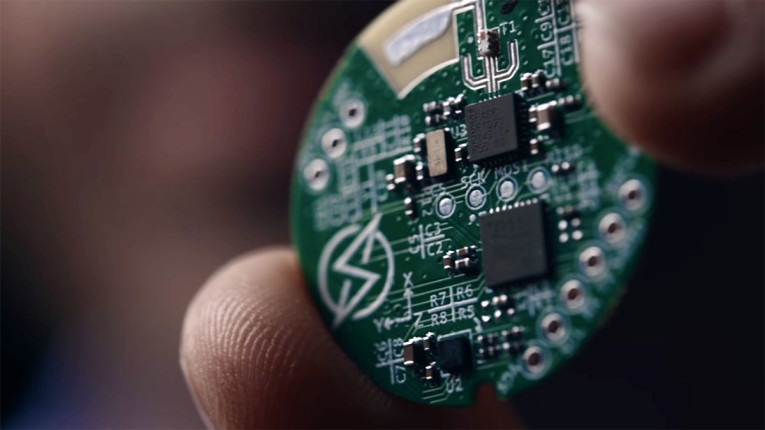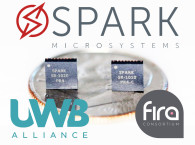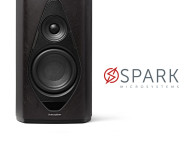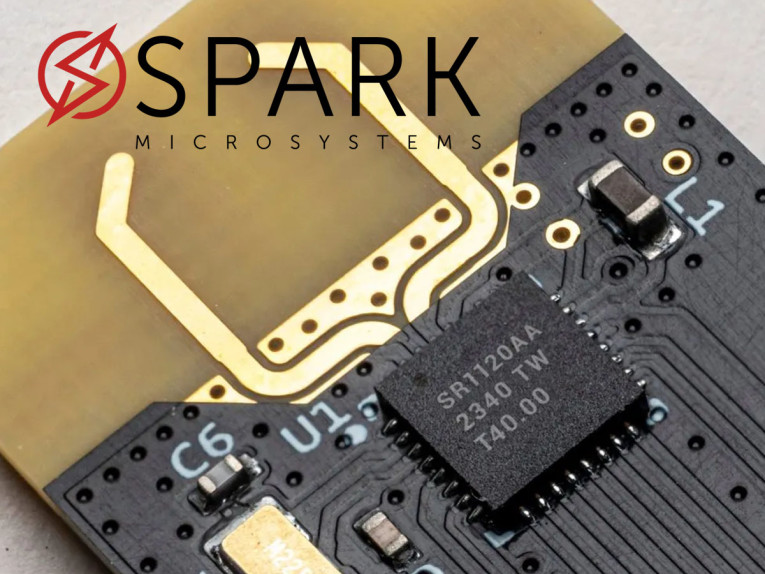
According to the Canadian semiconductor company, the SR1120 is the eagerly awaited answer to the wireless performance compromises that the audio industry has been forced to endure, even achieving 100X lower power ranging than other UWB chips, with sub-millisecond latency. Ideal for applications that demand fast, energy-efficient wireless links with low latency and high data rates, the new SR1120 was built for high-quality audio applications over UWB, even though it will be an excellent solution for next-gen gaming peripherals, edge AI, and industrial and consumer connected devices.
Essentially, the new SPARK SR1120 UWB transceiver sets a new standard for short-range wireless. This second-generation device delivers up to 41 Mbps data rates and enables high-performance short-range communications and ranging, being designed for seamless coexistence with other RF standards.
The SR1120 extends SPARK’s established performance leadership in data delivery while enabling significantly lower power consumption, latency, and better interference robustness compared to Bluetooth, Wi-Fi, and 2.4GHz radios.
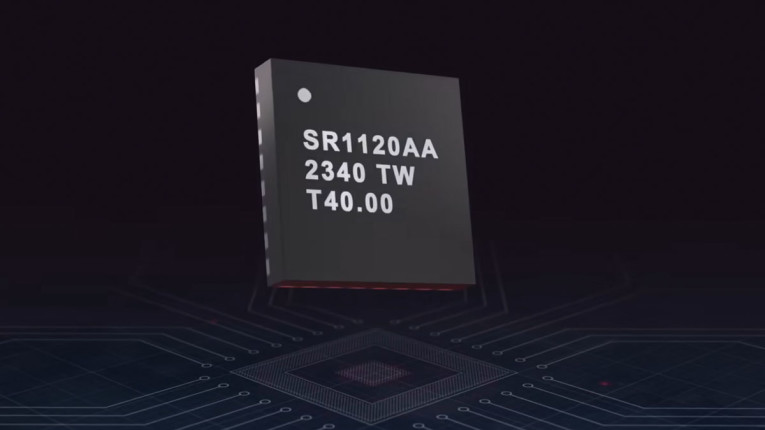
In addition to robust data communication, when compared to other UWB offerings in the market limited to ranging and positioning applications, SPARK’s SR1120 delivers competing ranging capability at approximately 100x lower power consumption, in a uniquely cost-effective architecture. The new SR1120 enables approximately 50% greater range compared to the previous generation SPARK SR1020 and supports multi-antenna configurations leveraging freely licensed spectrum from 6.2GHz to 9.5GHz.
"SPARK UWB transcends the longstanding performance limitations of legacy short-range wireless technologies, driving adoption in gaming, edge AI applications, audio, and a broad range of IoT use cases — including industrial systems, robotics, and medical devices. Going forward, body area networks (BANs) will evolve to integrate implantable medical devices and sensors that transmit neural activity in real time. Consequently, wireless data transceivers will need to accommodate exponentially larger volumes of data," the company states in the announcement.
"Every engineer knows the pain of compromise with wireless transceivers — you get the speed but burn through power, or you save power but your latency suffers," explains Fares Mubarak, CEO, SPARK Microsystems. "We built the SR1120 to bring an end to those compromises by hitting all the marks at once: high data rates, low power, minimal latency, and a footprint small enough to fit anywhere. This is a fundamental shift in what wireless can do, going well beyond Bluetooth and Wi-Fi."
SPARK Microsystems' SR1120 UWB wireless transceivers are available now directly from SPARK and its global network of partners and distributors. Developers can start using SPARK’s SR1120 evaluation kit (EVK) and software development kit (SDK) to quickly assess, prototype, and integrate designs. Clearly, this seems to be the solution that the audio industry was looking for to start challenging the limits of wireless audio applications.
www.sparkmicro.com
